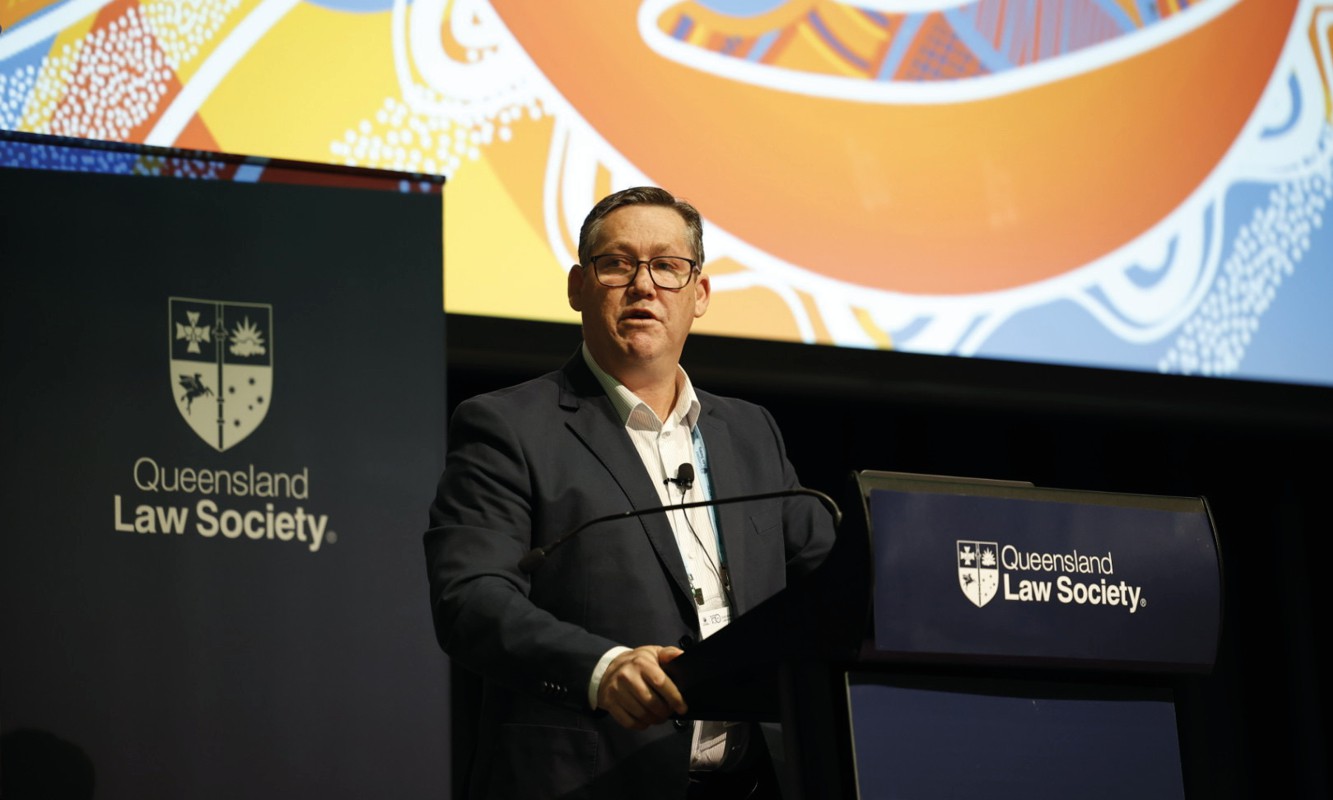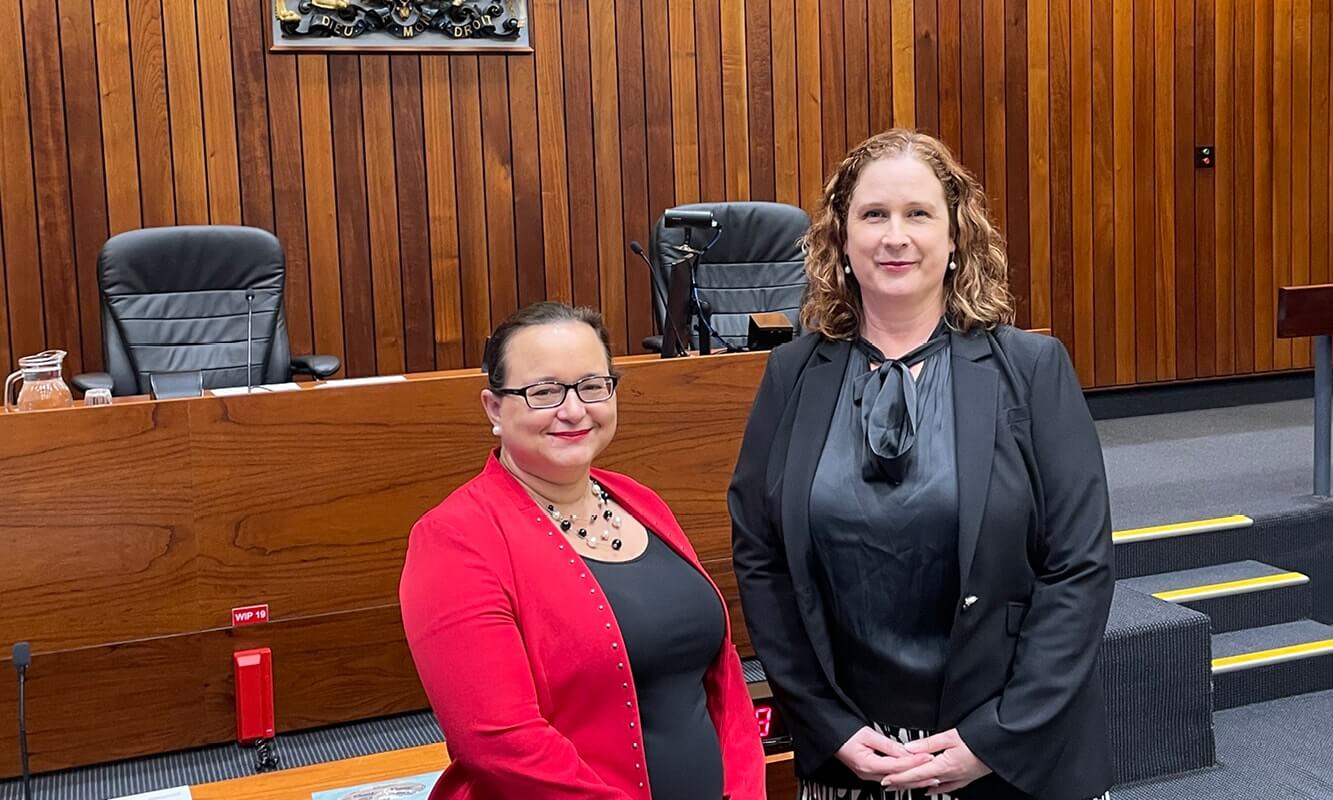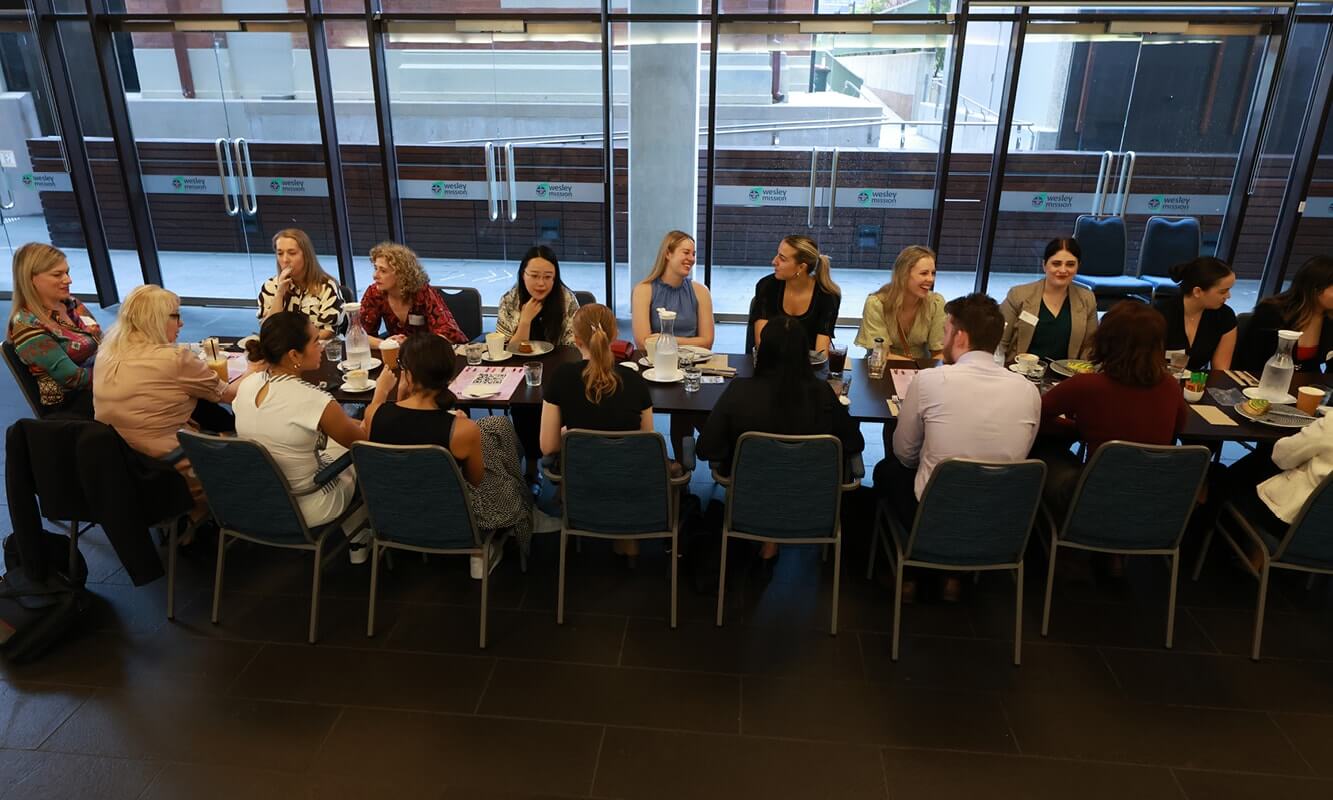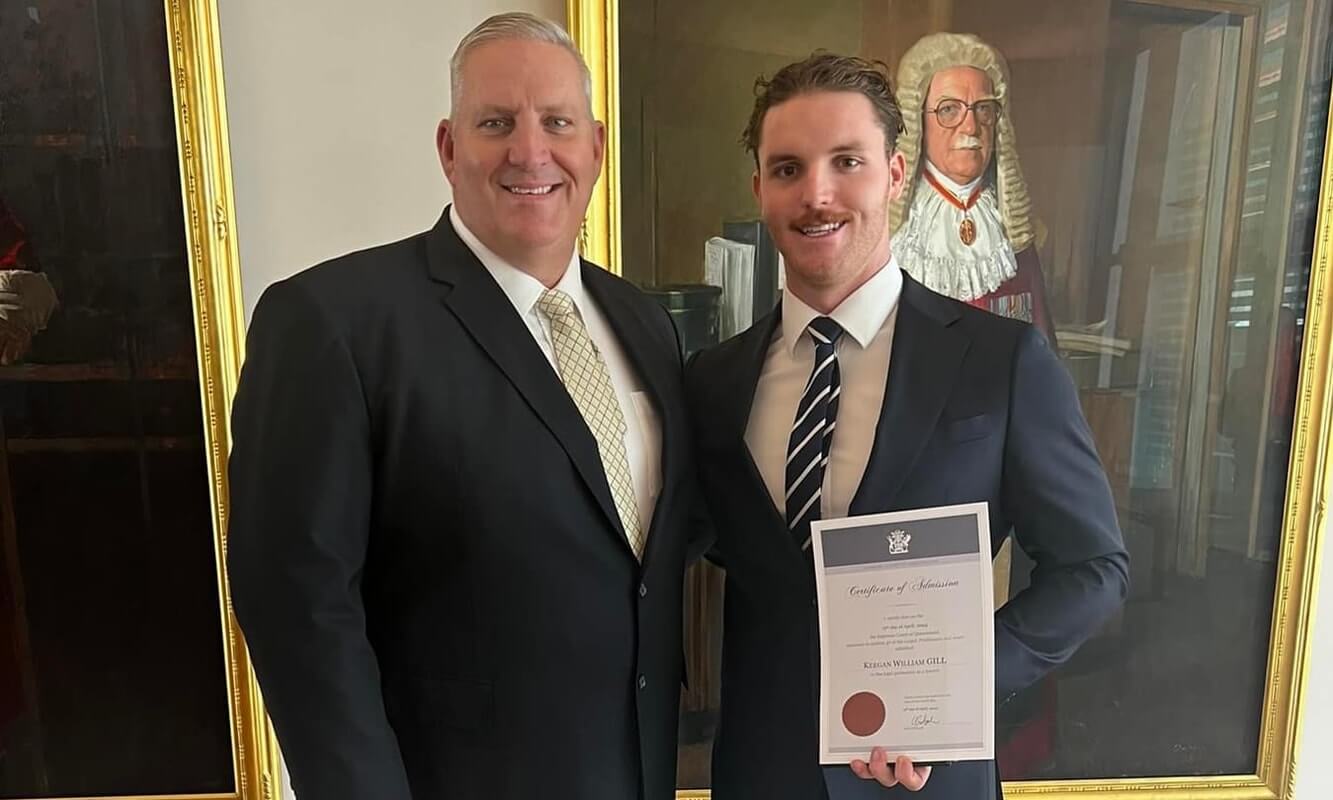The rights of both the living and dead were considered by a feature speaker at the Queensland Law Society (QLS) Succession and Elder Law Conference yesterday.
Bill Mitchell, Principal Solicitor at Townsville Community Law and QLS Elder Law Committee member, told the gathering at the Hilton Brisbane about the intersection of human rights with succession and elder law.
In his presentation Human rights: a guiding imperative in succession and elder law, Bill said the Human Rights Act 2019 (Qld) (HRA) had profound impacts on health and guardianship in the area of elder law.
“The HRA has tested laws, the conduct of public entities including statutory office holders, courts, and tribunals in their substantive roles, procedural approaches, and interpretive obligations,” he said.
Cases had involved a multiplicity of human rights, including recognition and equality before the law; protection from torture, cruel, inhuman or degrading treatment; freedom of movement, property rights; and privacy, he said.
However, the “jurisprudential impacts of the HRA on succession law are developing slowly and without obvious trajectory”.
Bill said post-HRA courts were encouraged to consider international law and judgments relevant to a human right when interpreting a statutory provision.
He said the HRA was also being considered in decisions about age-based residential settings, such as whether accommodation and ownership of homes in a park could be restricted to people aged 50 and over.
“Just speculation, but it seems likely that other areas that might cause HRA reflection include who is a spouse when viewed against the right to recognition and equality before the law, the provisions around testamentary capacity, the age for will-making, informal will-making, even perhaps the division of estates on intestacy,” he said.
“Wherever we have systems of priority based on historical moral hierarchies or a discretion with definitional ambiguity or narrowness, we can expect rights bearers to challenge the status quo based on the HRA. The HRA will not fetter discretions but will create an interpretive gloss.”
In respect of the rights of the dying, Bill mentioned the HRA would be incorporated into matters arising under the Voluntary Assisted Dying Act 2021 (Qld), though no case had yet come before the courts.
Bill pointed out the rights of the dead were “notoriously limited” because they were governed by the behaviours of the living.
“We all understand that the rights of the dead are essentially an artefact to be debated by
the living in the context of their (that is the living’s) rights, needs, and interests,” he said.
“As family provision shows, the sanctity of rights in life is easily disturbed in death by simple agreement between the living.”
Bill pointed out that coroners were among those who defended the rights of the dead, by making recommendations, for example.
“There is a bittersweet irony that the rights of the dead most strongly manifest in protecting the right to life of the living,” he said.
Bill concluded the HRA was “not a distant event horizon”.
“Rather, it is a mandatory imperative that will influence elder and succession jurisprudence over time,” he said.
“It isn’t entirely clear why there hasn’t been more agitation of the issues, but its day will come. It may take some time before our imagination, client circumstances and the jurisprudence converge.”
Bill was one of more than 20 speakers at the full-day annual conference, which covered other topics including tax issues for superannuation death benefits, patterns of financial elder abuse, navigating complex beneficiary dynamics, and addressing power dynamics in granny flat arrangements.















One Response
anything that advances access to justice for those who are disabled in some way is an improvement. I am looking forward to NSW considering a Human Rights Act.